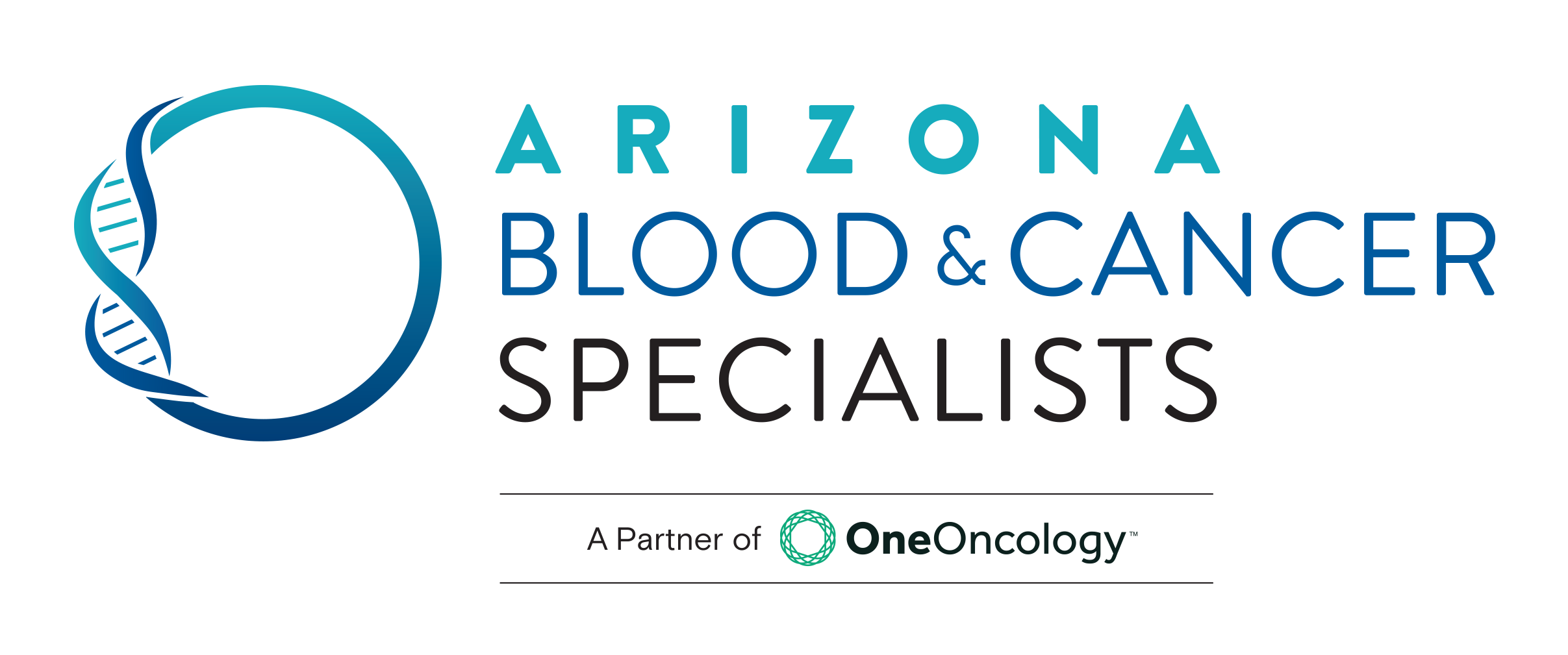Getting Checked and Knowing Your Family History
Getting Checked
Getting checked is essential for preventing diseases or catching them as early as possible.
Early Detection
- Routine health assessments can lead to the early identification of diseases, such as cancer, often resulting in more effective treatment options.
Knowing Your Risk Factors
- Screening tests conducted by your doctor can reveal risk factors associated with various diseases, allowing for proactive management to decrease the likelihood of developing these conditions.
Lifestyle Changes
- Awareness of your risk factors empowers you to implement changes. Your healthcare provider can recommend lifestyle adjustments, including dietary modifications and increased physical activity, to help mitigate these risks.
Knowing Your Family History
Knowing your family history can help identify your risk factors and even prevent certain conditions. It is essential to not only talk to your family members and gather information about your family history but also to communicate what you learn with your doctor.
Early Intervention
- Identifying patterns in family health histories enables you and your healthcare provider to take preventive measures or initiate early treatment, thereby reducing risks associated with certain conditions.
Knowing Your Risk Factors
- Knowing your family health history can pinpoint if you have higher risk factors for certain conditions. Understanding your risk factors can help your doctor develop a plan for reducing those risks.
Proactive Healthcare
- With a clear understanding of your family history, your doctor can make informed decisions regarding screening tests, preventative strategies, and personalized treatment plans tailored to your specific needs.
If you have any questions regarding getting checked or figuring out your family history, talk to your doctor.


